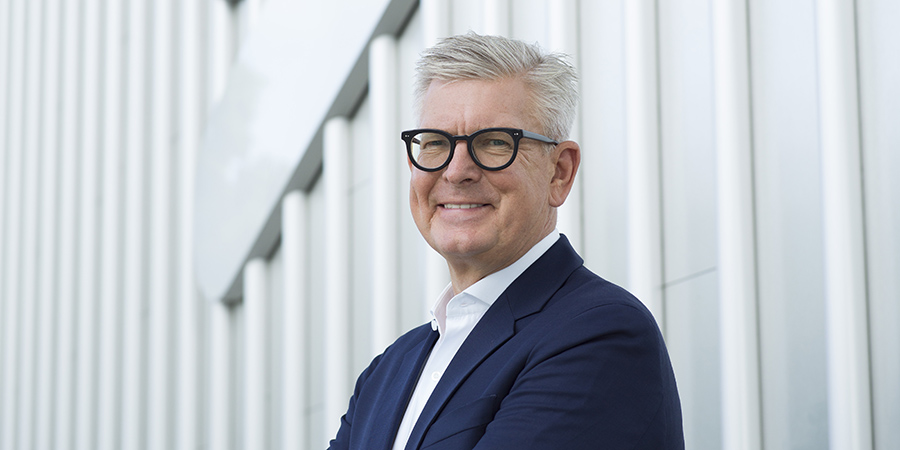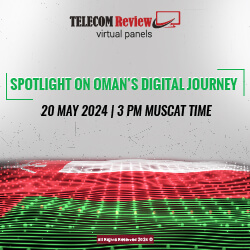Due to a focused execution and increased resiliency, Ericsson was able to adapt in a challenging environment and delivered solid Q4 results.
Commenting on the results, Börje Ekholm, President and CEO of Ericsson said, “In 2023, we continued to execute on our strategy to strengthen our leadership in mobile networks, grow our enterprise business and drive cultural transformation. We concluded 2023 with a Q4 EBITA margin of 11.4% and a historic 5-year USD 14 b. contract. Despite headwinds and a very weak mobile networks market, we were able to generate a full-year EBITA of SEK 21.4 b.”
In the disclosed data, the Group experienced a YoY organic decline of -17% in sales. However, excluding restructuring charges, the EBITA reached SEK 8.2 billion, showcasing an EBITA margin of 11.4%. Demonstrating a robust commitment to profitability, Ericsson achieved a notable gross margin of 41.1%.
“While the actions we have taken to improve performance are paying off, we are not satisfied with our profitability and there is more work to do,” expressed Ekholm.
Networks sales decreased organically by -23% YoY but enterprise sales grew by 7% organically YoY— mainly driven by enterprise wireless solutions. In Cloud Software and Services, the vendor has continued to increase commercial discipline, automation and delivery efficiency, focusing on long-term profitability.
The company is striving to revert to its established long-term goal of achieving free cash flow before M&A at a range of 9-12% of net sales.
“In this environment, we remain laser-focused on managing elements within our control, including operational efficiency and tight cost management. We are confident in our strategy and are committed to driving long-term value for our shareholders,” emphasized Ekholm.
Driving Strategy Execution
According to the PCEO, Ericsson’s first strategic pillar is to further enhance their leadership in mobile networks. “Technology leadership is core to our strategy, enabling customers to build high-performance, programmable and open networks to deliver a superior customer experience, maximize return on investment (ROI) and accelerate business innovation.”
The company's second strategic pillar involves expanding into the enterprise sector. “We aim to create new monetization opportunities for our customers,” the PCEO mentioned. “By offering network APIs to developers and enterprises, we enable new revenue streams for operators, and new applications that leverage network capabilities.” Notably, Ericsson’s enterprise wireless solutions intend to broaden the market for high-performance mobile technology within the enterprise sector.
Market Uncertainties to Prevail into 2024
In the face of ongoing challenges in the mobile network industry, Ericsson anticipates that the existing market uncertainties will persist into 2024. This is attributed to a continued decline in the Radio Access Network (RAN) market outside China, with customers exercising caution and investment pace normalizing in India. Additionally, the commencement of the new US contract is expected to gain momentum in the second half of 2024.
Ekholm added that the underlying demand from growing data traffic and 5G, which is in the early stages of development, will require additional network investments. Despite being confident that a market recovery should materialize, “the timing of market recovery is ultimately in the hands of our customers.”
To ensure that the company is well positioned when the market recovers, it is critical for Ericsson to lead in technology while focusing on operational efficiency.
“Our goal is to make Ericsson a more profitable company based on a leading position in mobile infrastructure and a high-growth Enterprise platform business… Together with our customers, we are well positioned to shape the future industry,” concluded Ekholm.










